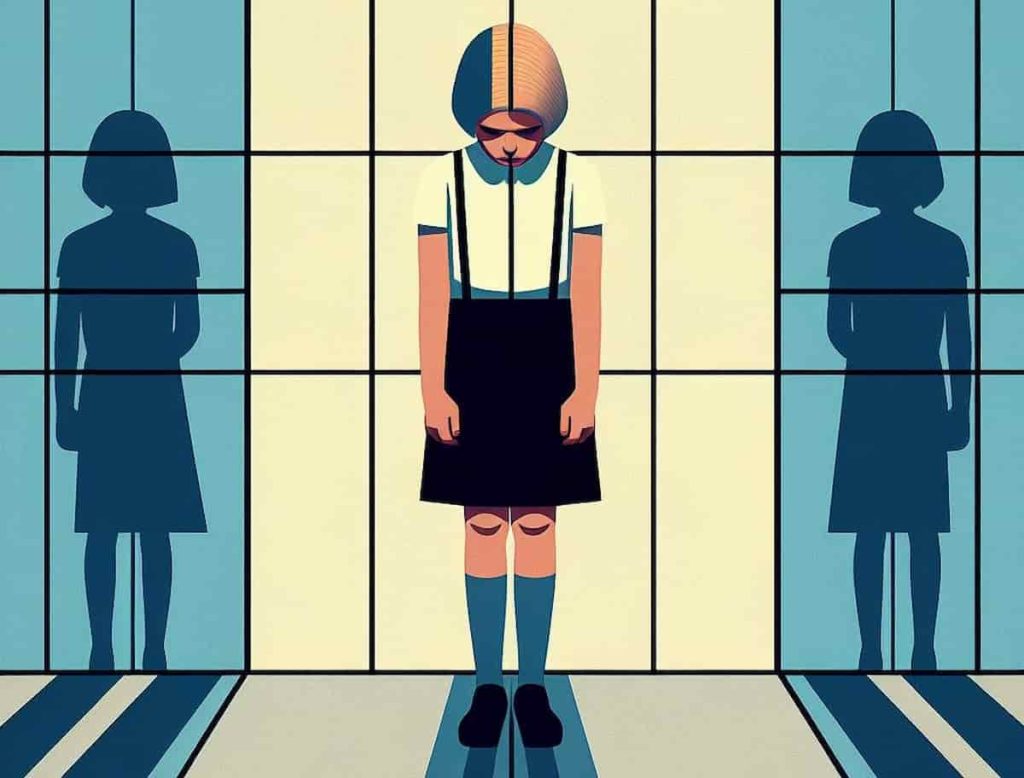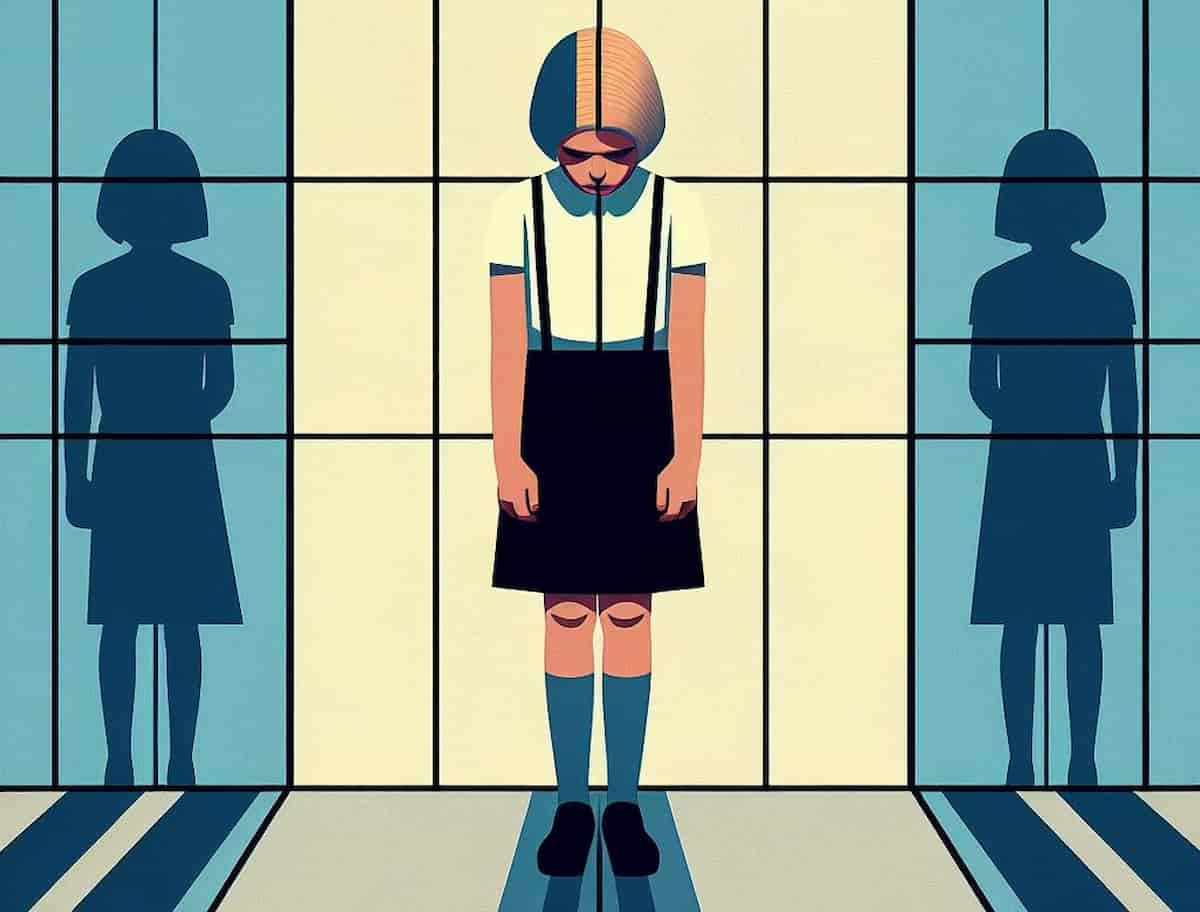Infidelity is linked to low self-esteem, distress and divorce.
People high on the personality trait of ‘sexual narcissism’ are more likely to cheat on their partner, research finds.
Narcissists of this type are not just full of themselves in general, but full of themselves in the bedroom.
They are people who will do whatever it takes to sleep with whoever they like, as they feel they deserve it.
This sense of entitlement is one of the strongest signs of cheating behaviour.
They also tend to have an over-inflated idea of their skills in the bedroom.
However, they have little interest in what their partner wants and do not mind exploiting others.
The conclusions come from a study of 123 newlyweds who were tracked for between one and four years.
They were asked about their satisfaction with the relationship, narcissism and whether they had cheated on their partner.
The authors describe narcissism as…
“…a multifaceted personality style characterized by tendencies toward exploiting others, a general lack of empathy for others, and a pervasive confidence in one’s abilities”
The results revealed that 5% of couples experienced extramarital affairs in this period — half of the cheaters were husbands, half were wives.
Factors that predicted cheating, along with this type of narcissism, were low relationship satisfaction and the overall amount of narcissism of the couple together.
The authors confirm the damaging consequences of infidelity for a relationship:
“…infidelity can have serious negative consequences for those involved.
Not only is infidelity associated with decreased relationship satisfaction in both partners, it is has been identified as one of the most common predictors of divorce.
Further, those who commit infidelity and their partners also frequently experience negative intrapersonal outcomes, such as decreased self-esteem and increased psychological distress.”
The study was published in the journal ASB (McNulty & Widman, 2014).

















